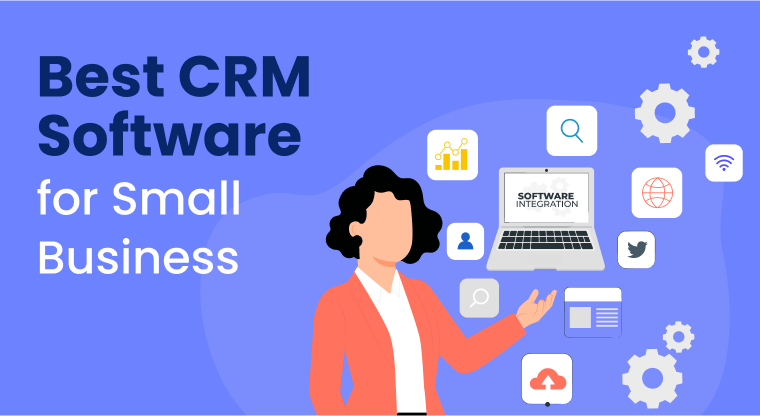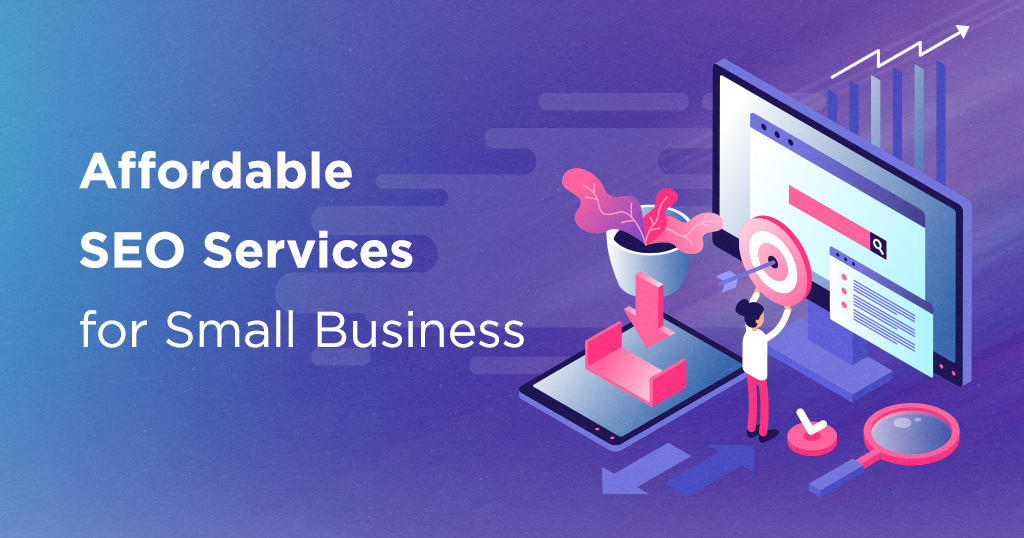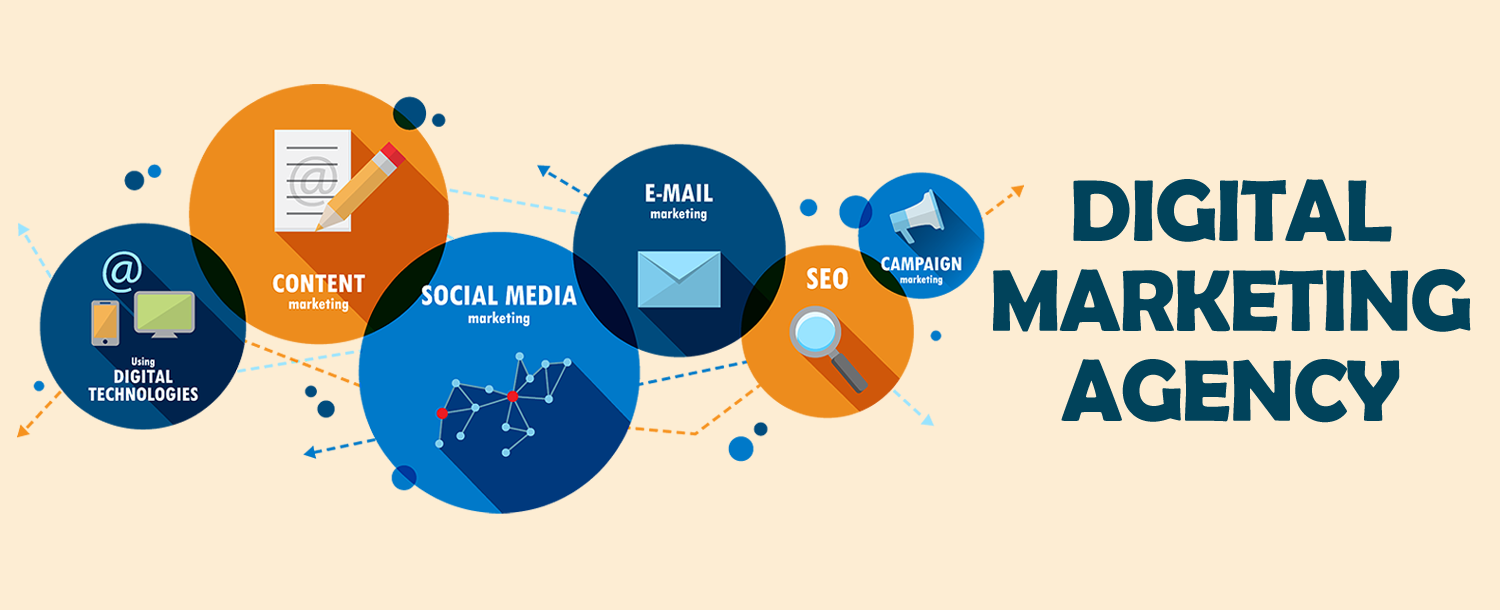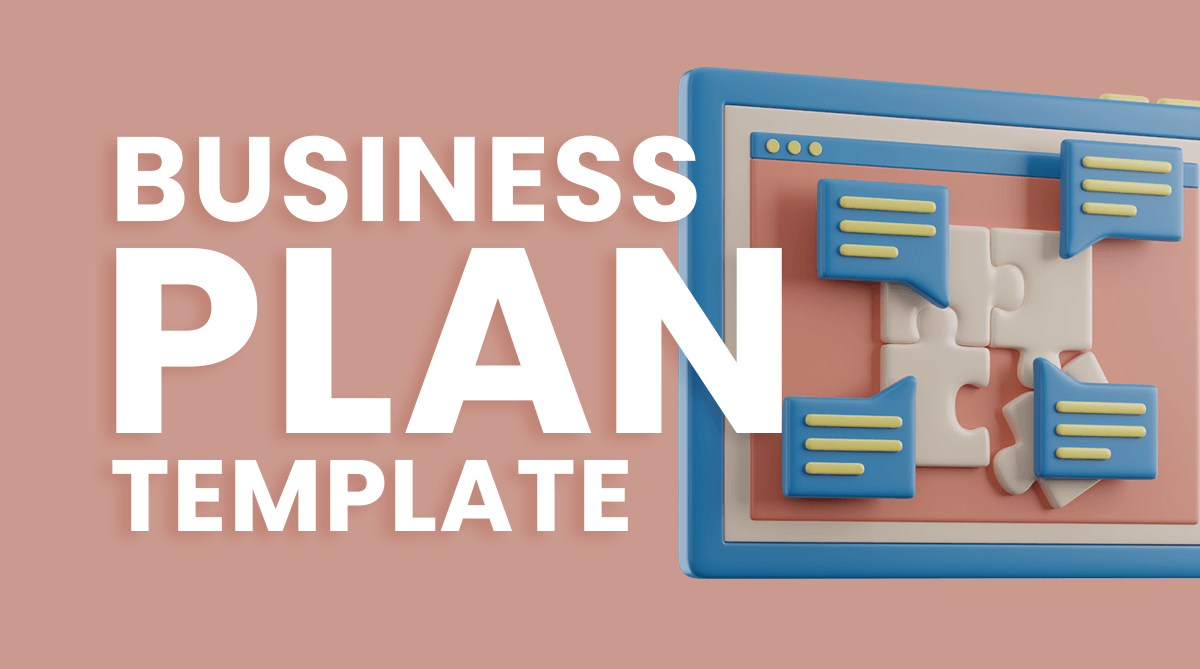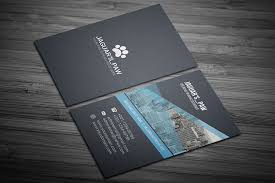Small Business Insurance: The Ultimate Guide to Protecting Your Business
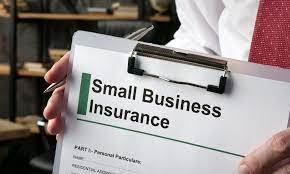
Running a small business comes with its fair share of risks—property damage, lawsuits, employee injuries, and more. Without the right insurance, these unforeseen events can jeopardize your business's future. That's where small business insurance comes in.
This comprehensive guide will help you understand the importance of business insurance, explore various coverage options, and provide insights into selecting the best policies to safeguard your enterprise.
What Is Business Insurance and Why Is It Important?
Business insurance is a type of coverage designed to protect businesses from financial losses due to unexpected events during normal operations. These events can include property damage, legal liability, employee-related risks, and more.
Importance of Business Insurance
- Financial Protection: Covers costs associated with property damage, legal claims, and other liabilities.
- Legal Compliance: Certain types of insurance are legally required, depending on your location and industry.
- Business Continuity: Helps your business recover and continue operations after unexpected setbacks.
- Credibility: Demonstrates to clients and partners that your business is responsible and trustworthy.
10 Types of Business Insurance for Small Businesses
Understanding the different types of business insurance for small businesses is crucial in selecting the right coverage. Here are ten essential insurance types:
1. General Liability Insurance
Protects against claims of bodily injury, property damage, and advertising injury. It's fundamental coverage for any small business.
- Pros: Broad coverage; essential for most businesses.
- Cons: May not cover professional errors or employee injuries.
- Use Cases: Retail stores, restaurants, and service providers.
2. Commercial Property Insurance
Covers damage to your business property due to events like fire, theft, or natural disasters.
- Pros: Protects physical assets.
- Cons: Does not cover flood or earthquake damage without additional policies.
- Use Cases: Businesses with physical locations or significant equipment.
3. Business Interruption Insurance
Compensates for lost income during periods when your business cannot operate due to covered events.
- Pros: Helps maintain cash flow during disruptions.
- Cons: Only covers specific events; may have a waiting period.
- Use Cases: Businesses in disaster-prone areas.
4. Professional Liability Insurance
Also known as Errors and Omissions Insurance, it covers claims related to professional mistakes or negligence.
- Pros: Essential for service-based businesses.
- Cons: Does not cover intentional wrongdoing.
- Use Cases: Consultants, accountants, and legal professionals.
5. Workers' Compensation Insurance
Provides benefits to employees who suffer work-related injuries or illnesses.
- Pros: Mandatory in most states; protects both employees and employers.
- Cons: Premiums can be high depending on the industry.
- Use Cases: Any business with employees.
6. Commercial Auto Insurance
Covers vehicles owned by your business for damages and liability.
- Pros: Essential for businesses that use vehicles for operations.
- Cons: Personal auto policies do not cover business use.
- Use Cases: Delivery services, contractors, and sales teams.
7. Cyber Liability Insurance
Protects against data breaches and other cyber threats.
- Pros: Covers legal fees, notification costs, and more.
- Cons: Relatively new; policies can vary widely.
- Use Cases: Businesses handling sensitive customer information.
8. Product Liability Insurance
Covers claims related to product defects that cause injury or harm.
- Pros: Essential for manufacturers and retailers.
- Cons: May not cover all product-related risks.
- Use Cases: Product-based businesses.
9. Employment Practices Liability Insurance
Protects against claims made by employees alleging discrimination, wrongful termination, or other employment-related issues.
- Pros: Covers legal defense and settlements.
- Cons: Does not cover intentional illegal acts.
- Use Cases: Businesses with multiple employees.
10. Business Owner's Policy (BOP)
Combines general liability and property insurance into one package.
- Pros: Cost-effective; simplifies coverage.
- Cons: May not cover all specific risks.
- Use Cases: Small to medium-sized businesses.
Top 5 Small Business Insurance Providers in 2025
Selecting the right insurance provider is crucial for safeguarding your small business against unforeseen risks. Here are five top-rated insurance companies in 2025, each offering unique features tailored to various business needs:
1. The Hartford
With over 200 years in the industry, The Hartford is renowned for its comprehensive coverage options and commitment to small businesses.
Key Features:
- Offers a wide range of policies, including Business Owner’s Policy (BOP), general liability, and workers’ compensation.
- Provides industry-specific solutions for various sectors.
Pros:
- Strong financial stability with an A+ rating from A.M. Best.
- Extensive experience in small business insurance.
Cons:
- Some customers report higher premiums compared to competitors.
- Limited online policy management features.
Considerations: Ideal for businesses seeking tailored coverage with a provider that has a longstanding reputation.
2. Hiscox
Overview: Hiscox specializes in providing insurance solutions for small and micro-businesses, offering flexible policies that cater to various industries.
Key Features:
- Provides general liability, professional liability, and cyber insurance.
- Offers coverage for over 180 professions.
Pros:
- User-friendly online platform for quotes and policy management.
- Customizable policies to fit unique business needs.
Cons:
- Higher-than-average complaint rates in some areas.
- Limited availability in certain states.
Considerations: Best suited for freelancers, consultants, and home-based businesses looking for specialized coverage.
3. Chubb
Overview: Chubb is known for its robust insurance solutions, catering to businesses that require comprehensive and high-limit coverage.
Key Features:
- Offers Business Owner’s Policy, cyber insurance, and professional liability.
- Provides specialized coverage options for various industries.
Pros:
- High customer satisfaction ratings.
- Strong financial strength with an A++ rating from A.M. Best.
Cons:
- Limited online quote capabilities; often requires agent interaction.
- May be more suitable for larger small businesses due to coverage limits.
Considerations: Ideal for businesses seeking extensive coverage options and willing to work through agents for personalized service.
4. Progressive
Overview: Progressive stands out for its commercial auto insurance offerings, making it a top choice for businesses that rely on vehicles.
Key Features:
- Provides commercial auto, general liability, and Business Owner’s Policy.
- Offers bundling discounts for multiple policies.
Pros:
- Competitive rates for commercial auto insurance.
- 24/7 customer support and claims service.
Cons:
- Limited online support for certain policy types.
- Discounts may not be available in all states.
Considerations: Best for businesses with significant vehicle usage looking for comprehensive auto coverage.
5. Next Insurance
Overview: Next Insurance is a digital-first insurer offering streamlined online services tailored for small businesses.
Key Features:
- Provides general liability, professional liability, and workers’ compensation.
- Offers instant certificates of insurance and online policy management.
Pros:
- Affordable pricing with flexible payment options.
- User-friendly mobile app for policy management.
Cons:
- Limited coverage options for businesses with revenues exceeding $5 million.
- No 24/7 customer support.
Considerations: Ideal for startups and small businesses seeking convenient, online-based insurance solutions.
Choosing the right insurance provider depends on your business's specific needs and operations. Whether you prioritize comprehensive coverage, specialized policies, or digital convenience, the providers listed above offer a range of options to protect your business effectively. Always assess your risks, compare quotes, and consult with insurance professionals to ensure you select the best coverage for your enterprise.
Key Factors to Consider When Selecting Small Business Insurance
Choosing the right small business insurance policy involves several considerations:
1. Assess Your Risks
Identify potential risks in your industry and operations. This helps determine the types of coverage you need.
2. Understand Legal Requirements
Some insurance types are legally required, such as workers' compensation. Ensure compliance with local laws.
3. Evaluate Coverage Limits
Ensure the policy limits are sufficient to cover potential losses. Underinsuring can lead to significant out-of-pocket expenses.
4. Compare Costs
While cost shouldn't be the only factor, it's essential to find affordable coverage that doesn't compromise on protection.
5. Review Insurer Reputation
Choose insurers with strong financial stability and positive customer reviews.
6. Consider Bundling Policies
Bundling multiple policies can lead to discounts and simplified management.
Conclusion
Investing in the right small business insurance is crucial for protecting your enterprise from unforeseen events. By understanding the various types of coverage and carefully evaluating your business's specific needs, you can select policies that provide comprehensive protection. Don't wait for a crisis to realize the importance of insurance—take proactive steps today to secure your business's future.
FAQs
1. What is the average cost of small business insurance?
The cost of small business insurance varies based on factors like industry, location, and coverage types. On average, small businesses might pay between $500 to $3,000 annually.
2. Is small business insurance legally required?
Certain types, like workers' compensation and commercial auto insurance, are legally mandated in many states. Other coverages, while not legally required, are highly recommended.
3. Can I bundle different insurance policies?
Yes, many insurers offer small business insurance plans that bundle multiple coverages, often at a discounted rate.
4. How do I choose the best small business insurance company?
Research insurers' financial stability, customer reviews, and the range of policies offered. Consulting with an insurance broker can also provide personalized recommendations. If you're looking for the best business card templates to promote your business, keep on reading.
5. How often should I review my business insurance policies?
It's advisable to review your small business insurance policy annually or whenever significant changes occur in your business operations.
